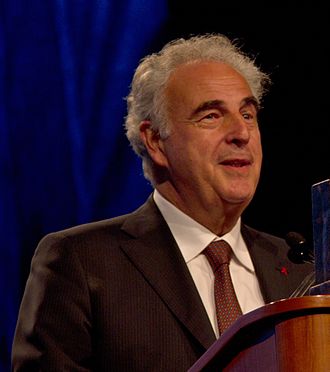
Michel Kazatchkine Became the Special Advisor to UNAIDS
United Nations Special Envoy for HIV/AIDS in Eastern Europe and Central Asia (EECA) Michel Kazatchkine was recently announced

United Nations Special Envoy for HIV/AIDS in Eastern Europe and Central Asia (EECA) Michel Kazatchkine was recently announced
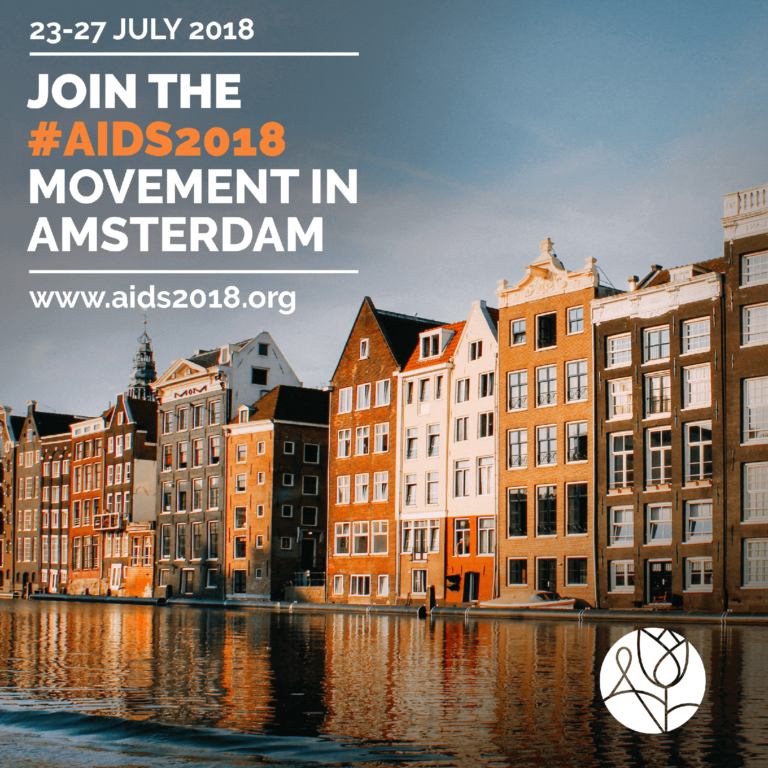
International AIDS Society (IAS) is looking for Global Village and Youth Activity (GV&YA) Reviewers and Rapporteurs for 22nd International
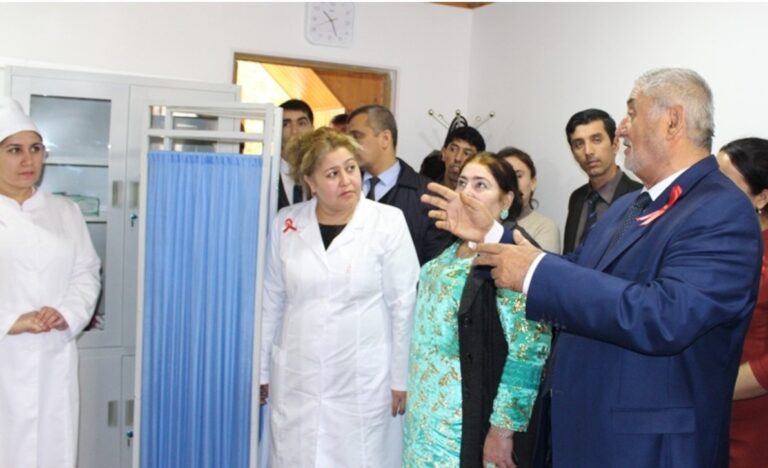
Voluntary counselling and rapid HIV testing points (VCT) on the premises of public organizations were opened in three
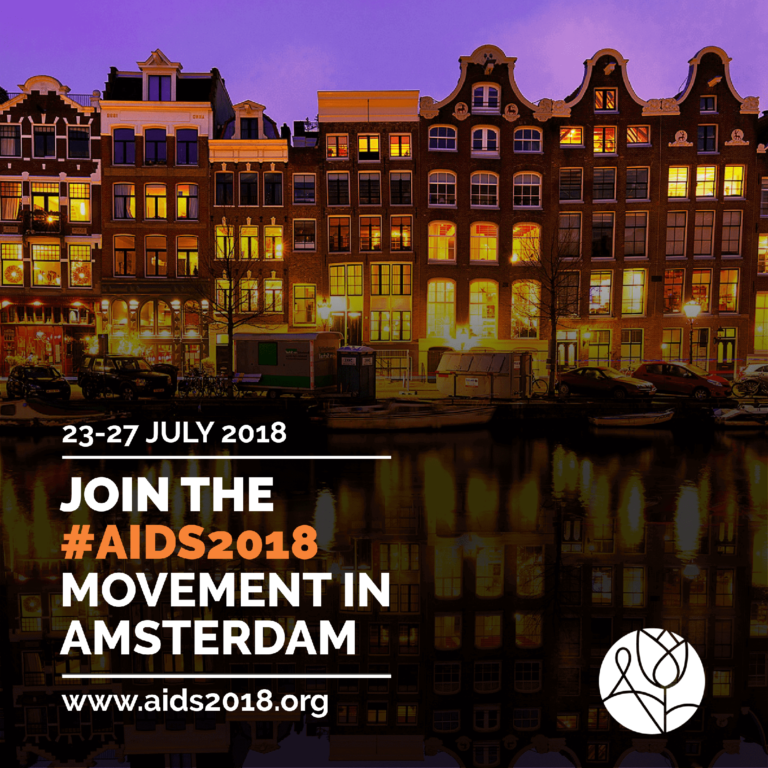
Through the Scholarship Programme, the conference organizers commit to make the AIDS 2018 conference accessible to people from resource-limited settings, researchers, young people, key and vulnerable populations and community representatives. The Scholarship Programme is open to everyone around the world working or volunteering in the field of HIV and AIDS who is at least 16 years of age at the time of the conference. This programme provides financial assistance to help people who would otherwise be unable to benefit from the conference.

Stop TB Partnership Secretariat engaged with essential partners to support their efforts and country TB programmes to advance in the fight to end TB in the European Region to prepare the ground for the UN High Level Meeting for TB in 2018. In just one week, three regional meetings held in Astana, Kazakhstan, in Tallinn, Estonia and Minsk, Belarus put TB in the spotlight in a region that can lead the way towards a world free of TB. The discussions were centered around migration and migrants and their access to services, how to sustain and expand programmes after donor support ends and how communities, civil society, and networks of people affected by TB can work together.
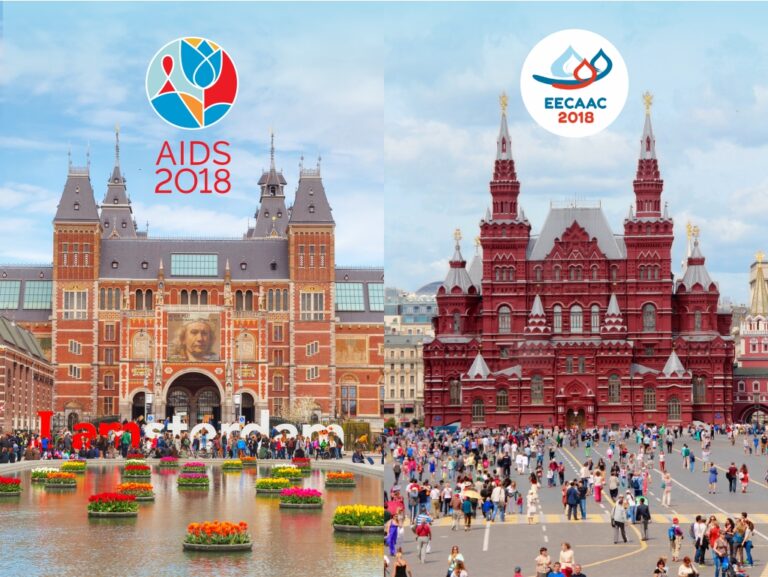
The organizers of the VI International Eastern Europe and Central Asia AIDS Conference (EECAAC 2018) provide 10 stipends for Netherlands-based organizations to participate in the Conference. The forum will be held three months before the XXII International AIDS Conference (AIDS 2018), which will be hosted by Amsterdam on 23-27 July 2018.
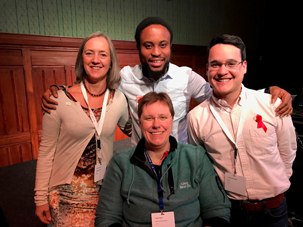
The ‘Improved TB/HIV Prevention & Care – Building Models for the Future’ project was presented during the Dutch National Congress ‘Soa.Hiv.Seks’ on 1 December 2017 in Amsterdam, the Netherlands. Three working models from Kazakhstan, the Philippines, and Nigeria implemented by AFEW, Hivos and PharmAccess with KNCV Tuberculosis Foundation as the lead agency were shown to the Congress audience.

On December 1, a wide range of activities marked the World AIDS in Ukraine. On this day, the first in Ukraine online test for HIV was presented in Kyiv. It is available at HIVtest.com.ua or via a mobile application ‘HIV test.’ The test contains about two dozen of questions – their number depends on the respondent’s lifestyle. For example, the question “Do you use condoms when having sex or not?” is relevant in Ukraine, where 51% of people living with HIV get infected through the sexual route of transmission.
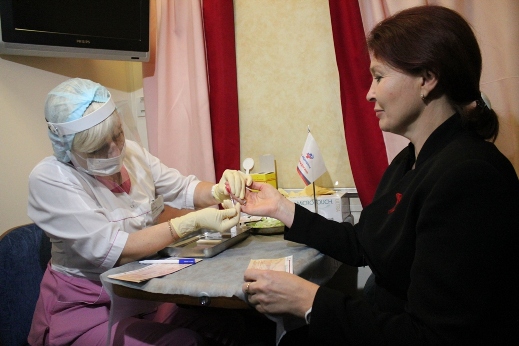
From 8 July to 20 October 2017, a train carriage went throughout the territory of Russia offering HIV testing services to everyone interested. The campaign was aimed at raising the awareness and increasing the coverage with testing services among the general public. The train offering HIV testing is a project of the Russian Ministry of Health in cooperation with the Russian Railways. The campaign was initiated within the State Strategy to Combat the Spread of HIV in Russia through 2020.

Over 400 students from universities of the CIS countries took part in the first international debate tournament on HIV “SpeakUp: AIDS” in Almaty, Kazakhstan. Among the debate participants, there was the best 2017 speaker in the world representing the international debate movement, the main judge Raffy Marshall (Oxford), students from the major higher educational institutions of the country as well as from the UK, Kyrgyzstan, Russia, Tajikistan, and Sweden. The international panel selected 120 teams to take part in debates on this critical social issue. The tournament was held in line with the British parliament model.